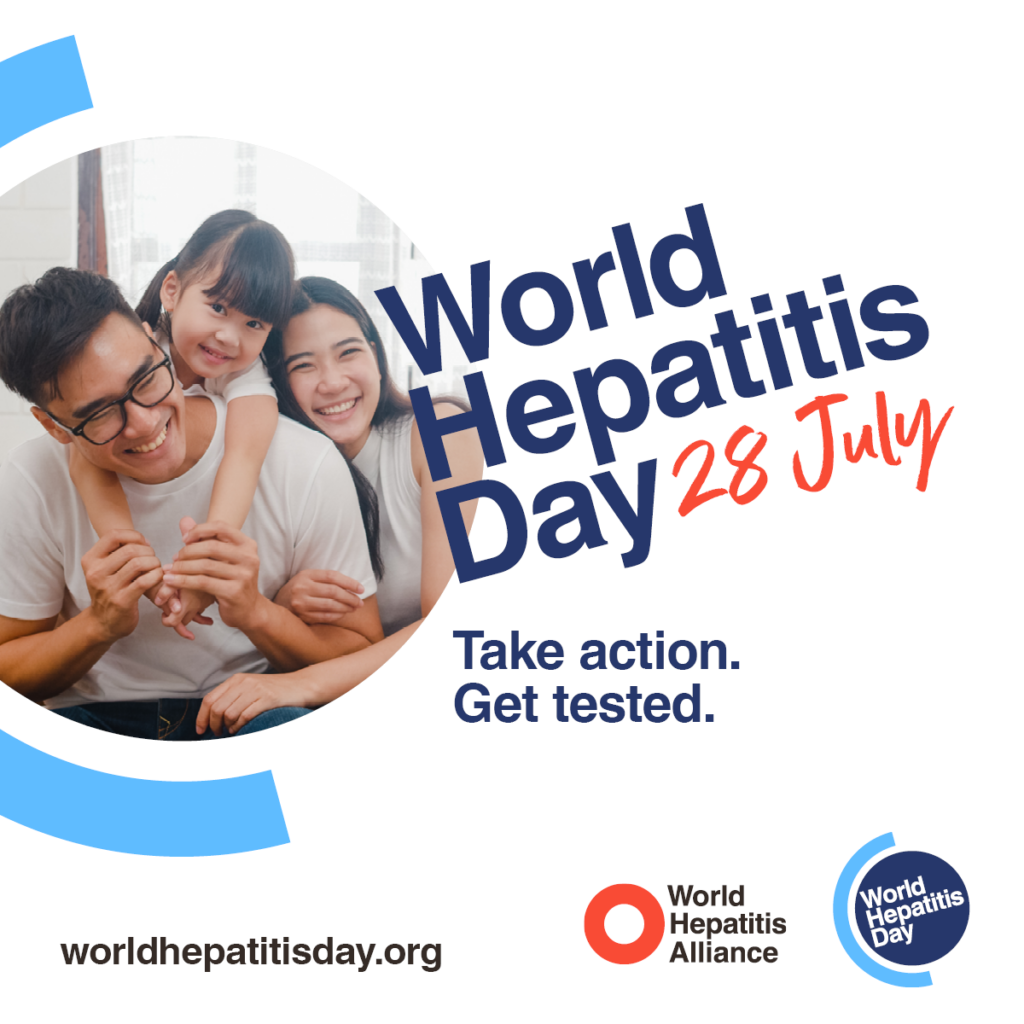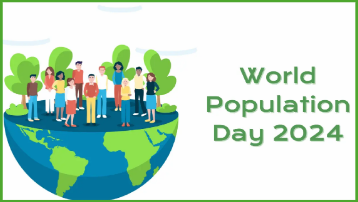How common is a pet in our family?
There are currently more households with pets than with children. According to the U.S. Census, the share of families with children living in their homes under the age of 18 has continued to decline. The share with children in 2022 stands at 40%, down from 48% in 2002. This is likely for two reasons: birthrates overall have been declining, and there is a large share of Baby Boomer households whose children may have left the nest already.
According to the American Pet Products Association, 70% of American households own a pet. This is up from 56% in 1988 (See fig 1). Throughout the COVID-19 pandemic, Americans adopted pets for companionship and entertainment. The American Pet Product Association reports that dogs and cats are the most common household pets. As of January 2023, there’s about one cat or dog for every 2.4 people. 38.4% of families own a dog and 25.4% of families own a cat. Approximately 48 million American households own a dog. Over 1.5 million households have over 2.2 million bunnies in their homes. Birds and horses are other common animals.
This paper is to discuss Covid 19 risk among animals and whether they play part in the transmission of Covid 19. If we have pets in our family, what precautions do we need to observe for their safety as well as ensuring that they do not spread Covid to others.
Why it is important to understand the role of animals in Covid 19?
Globally we have successfully eradicated smallpox and have eliminated crippling disease poliomyelitis. We hope to eradicate measles someday. However, we do not dream of eradicating tetanus or typhoid. Why is that so? The reason is that smallpox or poliomyelitis are/were the diseases only present among human beings and not in animals. We can think of eradication of a disease only if it is limited to human beings. The moment the same disease occurs in animals too, the herd for the disease becomes very large and unknown and we cannot eradicate the disease.
Coronaviruses are a large family of viruses. Some coronaviruses cause cold-like illnesses in people, while others cause illness in certain types of animals, such as cattle, camels, and bats. Some coronaviruses that infect animals can be spread to people and then spread between people, but this is rare. This is what happened with the Covid virus, which likely originated in bats.
Is Covid infection possible among animals?
Animals infected with Covid virus have been documented around the world. Most of these animals became infected after contact with people with COVID-19, including owners, caretakers, or others who were in close contact. We don’t yet know all the animals that can get infected. Animals reported infected worldwide include:
- Companion animals, including pet cats, dogs, hamsters, and ferrets.
- Animals in zoos and sanctuaries, including several types of big cats (e.g., lions, tigers, snow leopards), otters, non-human primates, a binturong, a coatimundi, a fishing cat, hyenas, hippopotamuses, and manatees.
- Mink on mink farms.
- Wildlife, including white-tailed deer, mule deer, a black-tailed marmoset, a giant anteater, and wild mink near mink farms.
Fortunately, birds and reptiles are not affected by Covid, only mammals are affected by Covid viruses.
So, yes covid infection is possible among animals and in fact the origin of Covid disease could well be from animals. That makes Covid 19 a disease that is not going to be eradicated ever. We can hope to control it but never eradicate it.
Risk of Animals spreading Covid 19 to human being
There is no evidence that animals play a significant role in spreading Covid 19, to people. There have been a few reports of infected mammalian animals spreading the virus to people during close contact, but this is rare. These cases include farmed mink in Europe and the United States, white-tailed deer in Canada, pet hamsters in Hong Kong, and a cat in Thailand. In most of these cases, the animals were known to be first infected by a person who had Covid 19.
People are much more likely to get COVID-19 from other people than from animals. Thus, there is no need to eliminate or otherwise harm animals infected with Covid 19 to protect us. There is a possibility that the virus could infect animals, mutate, and a new strain could spread back to people. More studies and surveillance are needed to track variants and mutations and to understand how Covid 19 virus spreads between people and animals.
If your pet has Covid or you suspect that it has Covid, there is no need to take the pet (dogs and cats) for the test. If there is a new specimen of animal, testing is recommended and informing the authorities is also required. Since the risk of transmission from pets to us is low, the following things can be observed safely.
- Do not take pets outside into the community. Isolate your pet at home at least for 14 days and 3 days without symptoms whichever is later.
- Do not put masks on pets; masks could harm your pet.
- Do not wipe or bathe your pet with chemical disinfectants, alcohol, hydrogen peroxide, or other products, such as hand sanitizer, counter-cleaning wipes, or other industrial or surface cleaners. There is no evidence that the virus can spread to people from the skin, fur, or hair of pets. Talk to your veterinarian if you have questions about appropriate products for bathing or cleaning your pet.
- We need to take the same precautions as we take while caring for a Covid patient in our home.
How to protect your pet from getting Covid 19?
If you are sick with COVID-19 (either suspected or confirmed by a test), you should avoid contact with your pets and other animals, just like you would with people. Contact includes petting, snuggling, kissing, licking, sharing food, and sleeping in the same bed.
Is there a Covid vaccine for pets?
The U.S. Department of Agriculture (USDA), which grants commercial licenses for pet vaccines, is not currently approving any for COVID-19. The data do not indicate that such a vaccine would have value. We need to ensure on priority basis that every eligible human being is vaccinated first.
We therefore at Asian Pacific Community in Action, strive to reach out to everyone in person, by social media, by community meetings, wherever they are, talk in their language, answer their questions, motivate them and their families to get vaccinated. That would help themselves, their families, their community and thus the city, the state, and the country to effectively control Covid.







